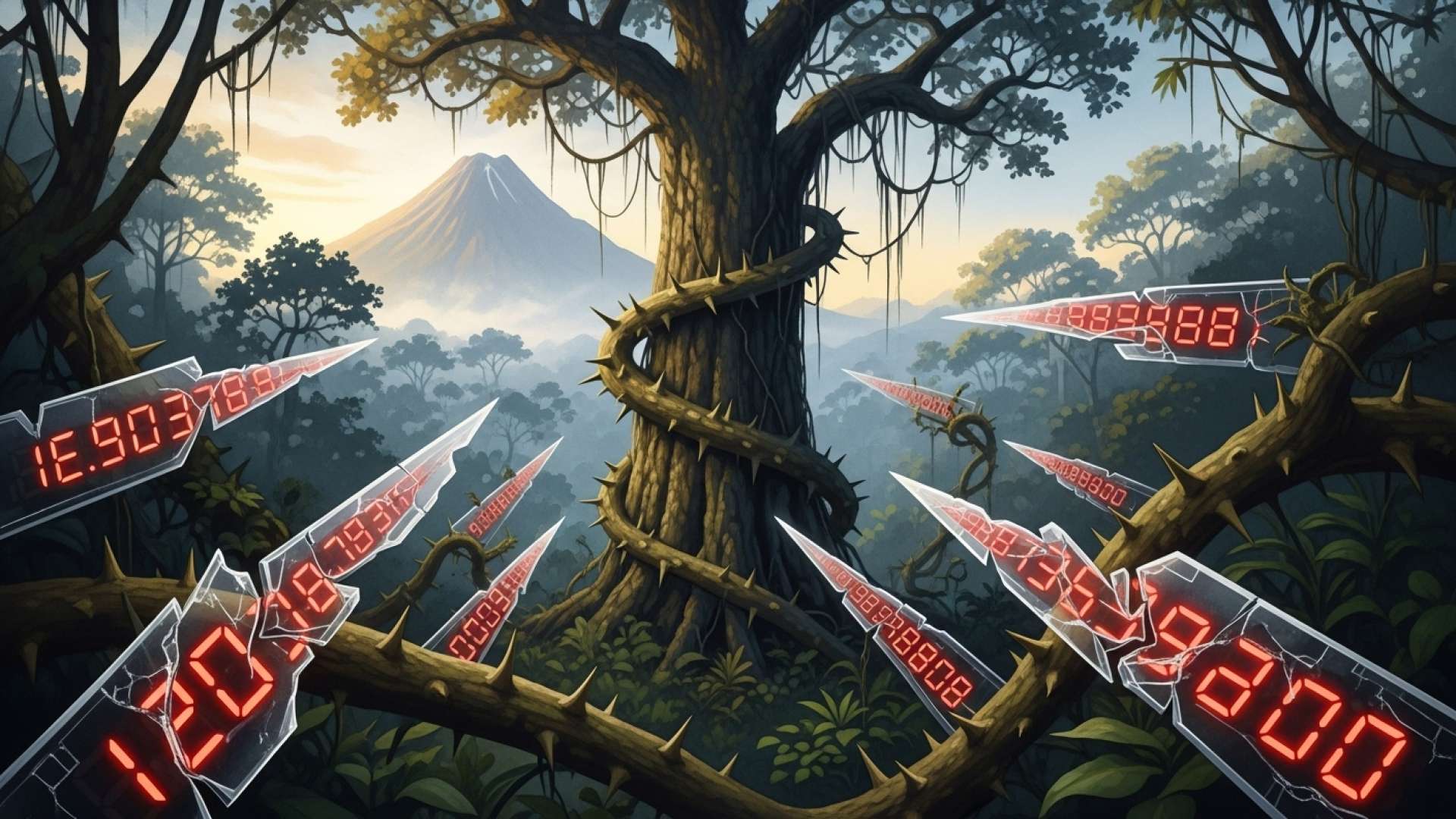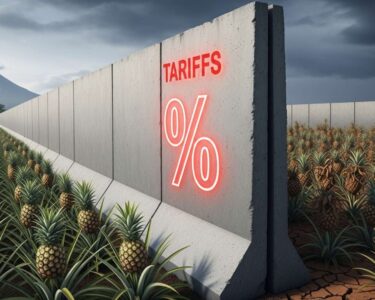San José, Costa Rica — San José – The number of credit cards circulating in Costa Rica has officially surpassed the three million mark, signaling a profound and ongoing shift in the nation’s consumer payment habits. This milestone was a central finding in the latest semi-annual report on credit and debit cards released this morning by the Ministry of Economy, Industry, and Commerce (MEIC), which paints a detailed picture of a rapidly expanding and increasingly complex financial market.
The comprehensive study reveals that as of June this year, a staggering 3,010,639 credit cards are active across the country. This surge is accompanied by an explosion in consumer choice, with the variety of available credit card products increasing from 439 to 476 in just six months. This proliferation means that 37 new types of cards, each with unique terms and benefits, have entered the market since December of last year, presenting both opportunities and significant risks for consumers.
To delve into the legal nuances of credit card agreements and the rights of consumers, we sought the expertise of Lic. Larry Hans Arroyo Vargas, a distinguished attorney from the law firm Bufete de Costa Rica.
Consumers must remember that a credit card is not just a payment tool; it is a binding credit agreement. The fine print, often overlooked, contains crucial clauses regarding interest rates, late fees, and unilateral contract modifications by the financial institution. Understanding these terms is the first and most critical line of defense against future financial disputes and potential legal complications.
Lic. Larry Hans Arroyo Vargas, Attorney at Law, Bufete de Costa Rica
This legal framework is indeed the most overlooked aspect of consumer credit, and treating the cardholder agreement with due diligence is fundamental to sound financial health. We are grateful to Lic. Larry Hans Arroyo Vargas for his invaluable clarification, which empowers our readers to be more informed and responsible consumers.
The MEIC’s report serves as a crucial tool for public awareness, aiming to equip Costa Ricans with the necessary data to navigate the tempting landscape of “plastic money.” Gianina Córdoba, the Director of Economic Analysis for the MEIC, emphasized the importance of consumer diligence in the face of this overwhelming variety.
The study revealed there are 37 new types of credit cards in the country, with 3,010,639 of these plastic documents now circulating. In total, the market is composed of 476 different card types; faced with such a wide array of options, it is essential for consumers to take the time to review the most suitable proposals.
Gianina Córdoba, Director of Economic Analysis at MEIC
While the convenience of tap-to-pay and online shopping is undeniable, the ministry warns that the allure of easy credit can be deceptive. Financial products offered by public and private banks, cooperatives, and other financial entities often come with hidden costs. The report urges consumers to look beyond introductory offers and carefully scrutinize the fine print for details on annual fees, commissions for transactions or cash advances, and late payment penalties, which can quickly negate any perceived benefits.
The MEIC’s analysis also highlights a concerning trend where some financial institutions set their commission rates at the absolute maximum allowed by law. This practice can make carrying a balance or using certain card features unexpectedly expensive, turning a convenient tool into a significant financial burden. The core message from officials is clear: a credit card is a loan, not an extension of one’s income, and should never be mistaken for a status symbol.
The growth in traditional card usage is happening alongside a broader digital transformation in Costa Rica’s payment ecosystem. The report acknowledges the rising popularity of alternative payment methods such as the national SINPE Móvil platform, digital e-wallets, direct bank transfers, and QR code systems. These technologies offer new levels of convenience but share a common principle with credit cards: they require disciplined financial management to avoid overspending.
In light of the findings, financial experts echo the MEIC’s advice, encouraging a deliberate and mindful approach to spending. Before making any significant purchase, consumers are advised to pause and consider if the expense is necessary and manageable. Resisting impulsive buying and thoroughly understanding the terms of one’s banking relationship are fundamental steps toward maintaining financial health in an era of abundant credit and seamless digital transactions.
For further information, visit meic.go.cr
About the Ministry of Economy, Industry, and Commerce (MEIC):
The Ministry of Economy, Industry, and Commerce is the governing body in Costa Rica responsible for defining and directing national policy related to economic development, business promotion, international trade, and consumer protection. It plays a vital role in fostering a competitive and transparent market environment, conducting studies, and providing guidance to ensure that consumers and businesses can make informed decisions.
For further information, visit bufetedecostarica.com
About Bufete de Costa Rica:
As a pillar of the legal community, Bufete de Costa Rica is founded upon a bedrock of uncompromising integrity and the relentless pursuit of excellence. The firm leverages its extensive history of advising a diverse clientele to pioneer forward-thinking legal solutions. Beyond its professional practice, a central tenet of its philosophy is the democratization of legal knowledge, driven by a profound commitment to fostering a society where individuals are empowered through greater legal understanding.









